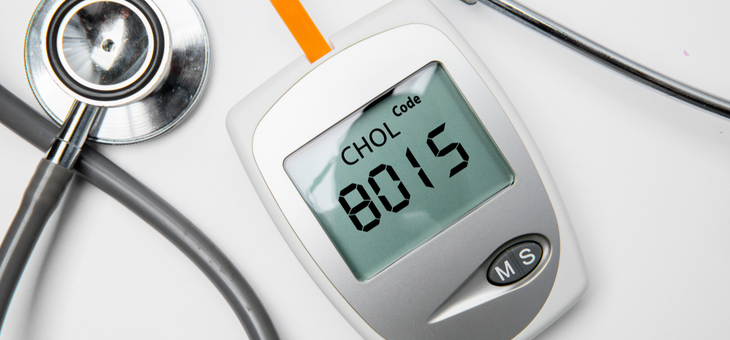More than 5.5 million men and women in Australia have high cholesterol – a key contributor to heart disease, which is the single biggest killer of Australians. And while some sufferers are able to keep the condition under control with statins, others would reap major benefits from another family of drugs recently approved for use in Australia.
It has been estimated that these drugs could prevent thousands of strokes and heart attacks, but they are subsidised only for a select group of people who have been diagnosed as statin-resistant. For others, the annual cost would be about $8000.
Cholesterol is an essential type of fat that is carried in the blood, the CSIRO explains. “Too much cholesterol in the blood can damage your arteries and lead to heart disease.”
And the prevalence of high cholesterol is highest among those aged 55 to 64, with almost one in two having high total cholesterol.
Statins can cut cholesterol levels by 50 per cent and recent studies show that this new family of drugs, called PCSK9 inhibitors, can boost that protection by another 25 per cent.
PCSK9 inhibitors, which are delivered via injections, trick the liver into sucking cholesterol out of the bloodstream.
“One Australian study found that if you treated just 1000 people at high risk of a heart attack with the new drugs for 25 years, it would prevent 70 strokes or heart attacks. For people at high risk, a large drop in cholesterol could produce a very substantial drop in heart attack and stroke risk,” Professor Tom Marwick, director of the Baker Heart and Diabetes Institute, told The Age. “Potentially this could save a lot of lives.”
Prof. Marwick has called on the federal Health Department to reconsider an application to subsidise the drugs for more sufferers.
“You might spend money on this,” he says, “but you would save money on repeat hospital admissions. These are the kind of numbers we should be discussing.”
The Heart Foundation explains that there are two main types of lipoproteins cholesterol in the blood – low-density lipoproteins (LDL-C) and high-density lipoproteins (HDL-C).
The lower the density of the lipoproteins the more fats it contains. HDL-C is called the ‘good cholesterol’ because it helps to keep cholesterol from building up in the arteries. LDL-C is called the ‘bad cholesterol’ because it is the main source of cholesterol build-up and blockage in the arteries. Statin medication works to reduce this LDL-C.
The Heart Foundation offers an action plan for anyone with cholesterol problems.
Do you have high cholesterol? Have you changed your lifestyle as a result? Do you take statins? Would this new family of drugs benefit you?
Related articles:
Cholesterol link to brain health
Cholesterol explained
Predict your risk of disease

